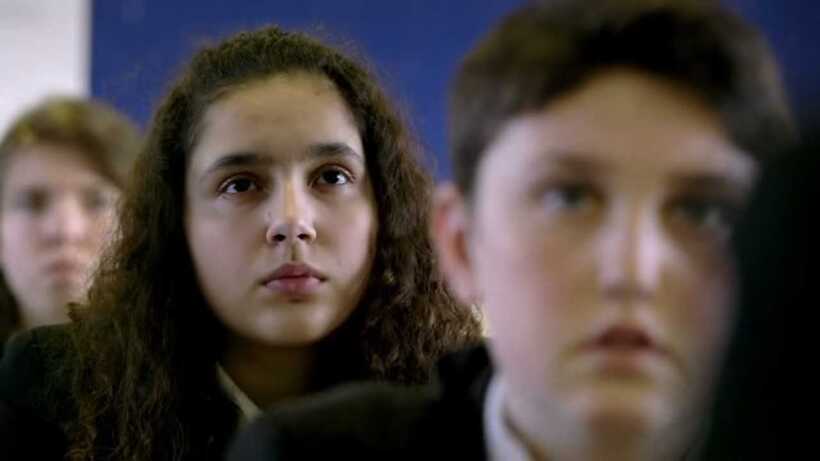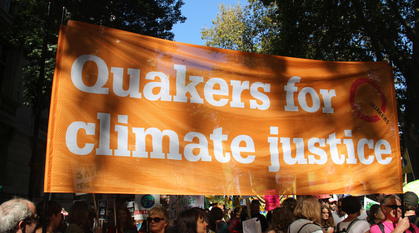8 questions Gavin Williamson needs to answer about army schools
We need to ask some serious questions about the government's pursuit of military ethos in schools, argues Ellis Brooks.

Gavin Williamson, Secretary of State for Defence, has commissioned a review of the benefits of schools with a 'military ethos'. The military's “skills, values, and can-do attitude can inspire today's young people to challenge themselves and reach their potential," according to Williamson.
The UK government appears to be seeking a mandate for ongoing militarisation, having already spent millions on cadet force expansion, military ethos providers and sponsoring schools. Robert Goodwill MP, a former education minister, will be writing the report. But, if the government is seriously asking about the value of a military ethos, I have some questions it needs to answer.
1. What is the main motivation of the Ministry of Defence?
Youth engagement should meet two clear defence outcomes, according to your department:
“An awareness of the armed forces' role in the world… to ensure the continued support of the population; and recruitment".
“Personal and social development needs" are framed as a desirable but tertiary consequence.
These priorities are at odds with the role of education, which needs to put the learning of children and young people first. That this enquiry comes from the MoD and not the Department of Education makes us wonder whose needs are coming first.
2. How will you ensure young people's safety?
A military ethos did not prevent 350 complaints of sexual abuse perpetrated against members of Britain's cadet forces. It did not prevent deaths at Deepcut Barracks or bullying reported at Harrogate's Army Foundation College.
Will the report take into account the damage to life chances many in the military experience? A military ethos does not protect recruits from well-documented bullying. It does not protect veterans from the dangers to their physical and mental health and wellbeing, which often amplify existing problems. What will be different?
3. Will a military ethos feel safe to children fleeing war?
Britain is welcoming a small but important minority of children escaping war and violence in countries including Syria, Afghanistan and Somalia. Some may even have been coerced into fighting. Will a military-run school provide the culture of welcome Britain should offer? Far fewer children of colour join the cadets than do their “White British" counterparts; can a military ethos ensure a safe and inclusive space for all?
4. How will a military ethos provide balanced learning?
Good teaching means making a range of facts and points of view available to young people.
We've seen in the past the risible results of the Ministry of Defence trying to create learning resources; the British Armed Forces Learning Resource (2014) was one-sided propaganda.
The 1996 Education Act promises learners political balance when exploring controversial issues. This would apply to recent issues such as arms to Saudi Arabia, torture by British military personnel or armed intervention. Is the army best placed to facilitate balanced discussion of these issues?
5. Will the report consider a range of evidence?
A report which consults only the enthusiastic heralds of a military ethos will be transparently skewed.
The government has a track record of throwing good money after bad when the MoD is involved. 'Troops to Teachers' has proven an incredibly expensive way to train teachers, while schools incur extra costs for hosting Army cadets despite scant evidence of improved educational outcomes.
Will Robert Goodwill be hearing from organisations like teaching unions, Medact, Forces Watch, Veterans for Peace UK and Child Soldiers International which can speak from knowledge and experience about his question?
And will he speak to children and young people, both those supportive and critical of a military ethos?
6. What other ways of improving “life chances" will be considered?
Let's imagine a modest £100 million is spent on promoting a military ethos. How do we know that will have the best outcomes?
Will Robert Goodwill visit and evaluate successful schools which do not use a military ethos, and consider what equivalent investment could do for them? Will he look at what spending on youth services, music and the arts, school improvement, school meals, educational maintenance allowance or even peace education (imagine!) can do? Many schools combine learning with strong values and a peaceful approach to conflict resolution.
If Gavin Williamson is proposing a military ethos as the best remedy for deprivation, he must be able to demonstrate these other options have been found wanting.
7. Will children's rights be protected?
As a signatory to the UN Convention on the Rights of the Child, the UK has responsibilities.
For example, children must be protected from violence (Article 19) and war (38); their freedom of expression should be respected (13) and school discipline cannot involve physical or mental violence, abuse or neglect (Article 28).
Children's “education should develop each child's personality, talents and abilities to the fullest. It should encourage children to respect others, human rights and their own and other cultures." (Article 29)
And we must respect children's views (Article 12) and freedom of conscience (14), particularly on questions that affect them. Would a child conscientiously objecting to war be made to embrace a military ethos?
Will Robert Goodwill's criteria for “benefits" be rooted in children's rights?
8. What ethos do we really want?
Ethos is important. Whether as a school or a nation, building shared values can be essential to community and learning. But if we were to assign one adjective to describe that ethos, should our first choice be military?


